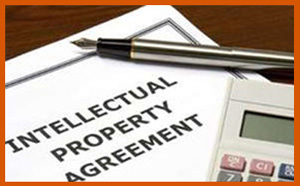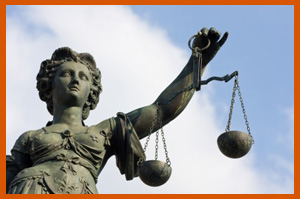 Intellectual property (or IP) refers to creative work which can be treated as an asset. Intellectual property rights fall principally into four main areas; copyright, trademarks, design rights and patents. Intellectual property (or IP) refers to creative work which can be treated as an asset. Intellectual property rights fall principally into four main areas; copyright, trademarks, design rights and patents.
Copyright
Copyright applies to work that is recorded in some way; rights exist in items such as literary, artistic, musical and dramatic work as well as films, sound recordings and typographical arrangements. It gives the author specific rights in relation to the work, prohibits unauthorised actions, and allows the author to take legal action against instances of infringement or plagiarism.
Trademarks
A trademark can be a name, word, slogan, design, symbol or other unique device that identifies a product or organisation.
Trademarks are registered at a national or territory level with an appointed government body and may take anywhere between 6 and 18 months to be processed.
Registered trademarks may be identified by the abbreviation ‘TM’, or the ‘®’ symbol. (it is illegal to use the ® symbol or state that the trademark is registered until the trademark has in fact been registered).
 In most countries, the national patent office will also administer trademarks. In most countries, the national patent office will also administer trademarks.
Design rights
Designs may be subject to both copyright and design rights. They may also be registered in a similar way to patents.
Patents
Patents apply to industrial processes and inventions, and protect against the unauthorised implementation of the invention.
Patents are grants made by national governments that give the creator of an invention an exclusive right to use, sell or manufacture the invention. Like trademarks, patents are registered at a national or territory level with an appointed government body. Patents typically take 2 to 3 years to be granted. |